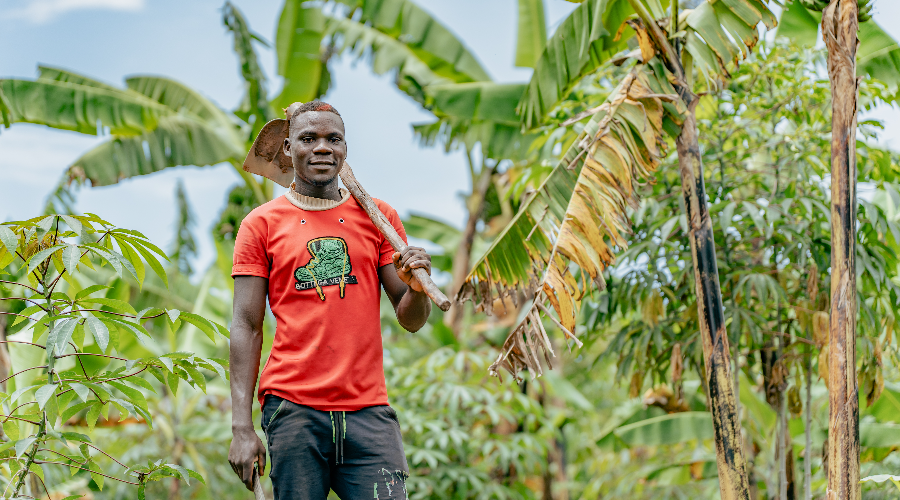
Tags:
Why Sustainable Food Systems Matter
Food is more than sustenance: it’s life, dignity, and hope. Yet in 2024, about 673 million people — roughly 8.2% of the global population — suffered from hunger, and more than 295 million people across 53 countries faced acute levels of food insecurity.
Meanwhile, world food production has been increasing, showing us that systemic inefficiencies, climate shocks, conflict, and inequality are getting in the way of food access. To close that gap, sustainable food systems are essential.
Read on for a closer look at how resilient food systems alleviate hunger and transform communities — and what you can do to help.
The Crisis of Global Hunger: Beyond the Numbers
Despite global commitments to end hunger, recent data paints a sobering picture of how widespread and persistent food insecurity remains around the world:
These trends demand bold, structural change. Humanitarian food aid and emergency relief save lives in crisis, but they can’t transform hunger into long-term food security alone.
What Is a Sustainable Food System?
A sustainable food system ensures that production, processing, distribution, consumption, and waste management all:
When food systems are sustainable and resilient, they help:
In short: sustainable food systems turn vulnerability into opportunity. They make communities less dependent on external aid and more capable of feeding themselves — even amid instability.
Sustainable Food Systems and Hunger Alleviation
How do sustainable food systems directly reduce hunger? They:
When systems break down — through conflict, climate disaster, or market collapse — communities often revert to crisis. Sustainable food systems are crucial support systems for healthy, resilient communities.
How You Can Support Sustainable Food Systems
If you’re passionate about seeing a world where no one goes hungry, the good news is that you don’t need to be a government or an agronomist to help. Here are some strategies for supporting sustainable food systems in a tangible and impactful way:
By aligning our consumer choices, advocacy, and philanthropy toward sustainable food systems, we strengthen the global response to hunger from the ground up.
How Impact Nations Supports Sustainable Food Systems and Emergency Relief
At Impact Nations, we’re dedicated to transforming lives through holistic, long-term solutions that empower people toward self-sustainability — all while recognizing and addressing pressing needs. Our work combines urgent relief and long-term sustainability and includes feeding programs, clean water delivery, medical care, and more.
By partnering with local communities, training farmers, and investing in infrastructure such as water systems, storage, and soil health, Impact Nations helps shift communities from relief dependency toward self-reliance.
Help Us Sustain a Full Future for Communities Around the World
Hunger is not a distant problem confined to statistics — it’s a daily reality for millions. Sustainable food systems are the key not only to feeding the hungry but also to protecting the planet, bolstering resilience, and restoring dignity.
Emergency aid saves lives. Sustainable systems save futures.
To help make that future possible, support Impact Nations today!
Here at Impact Nations, we are an international Christian organization dedicated to bringing holistic transformation through Jesus Christ to the most vulnerable communities around the world. We partner with leaders in the developing world to rescue lives and transform communities by engaging people in practical and supernatural expressions of the Kingdom of God. Join our global Journeys of Compassion, learn more about our worldwide projects, or donate today to support our mission!